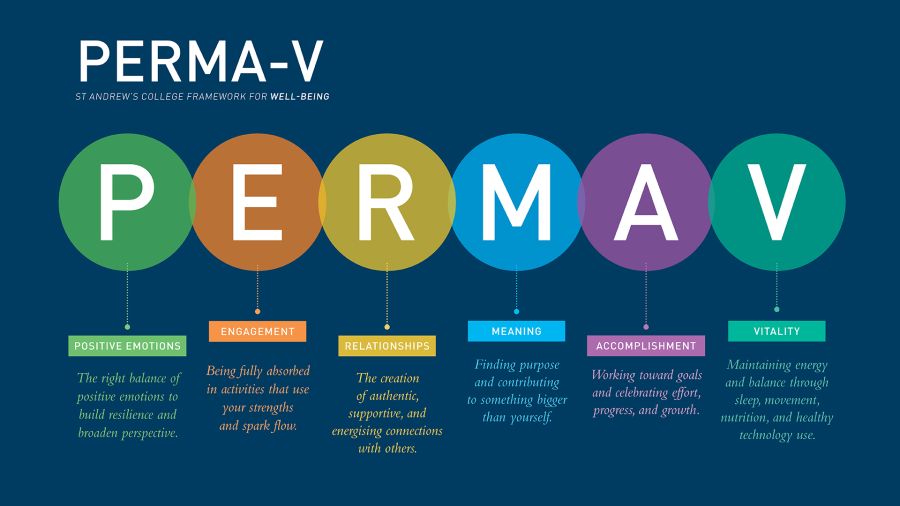How do we build character in our young people?
27 October 2023
Written by Head of Well-being, Kerry Larby
Guided by the mission of 'Together, building better people, for life' our College expresses a clear unifying goal: the development of character in our young people. I believe that the shaping of character is the fundamental aspiration of education. At St Andrew’s, we strive to nurture confident and compassionate students who will be effective contributors to society, successful learners, and responsible citizens. More than anything, we want our young people to build the type of character that enables them to flourish, find purpose and meaning, and stand resilient in the face of life’s challenges. As students navigate their educational journey, they are not merely accumulating knowledge; they are cultivating a deep understanding of what is good and valuable in this world.

My interest in the area of character development led me to complete a Master’s thesis focused on the science of character and virtues and the role they play in character education. In this blog post, I would like to explore the concept of character and outline how we are using our evidence-based knowledge to inform best practice in this area.
What is character?
We define character as the collection of stable, deep, and enduring dispositions that define who we are and shape how we characteristically think, feel, and act. In this sense, character is about thinking, feeling, and doing.
To assist our understanding of the different virtues that can contribute to a person’s character we use the Values in Action (VIA) Classification for Character and Virtues. Led by Professor Martin Seligman, this classification was published in 2005 and was the culmination of significant research and collaboration from leading academics across the globe. The VIA Classification is the most researched character classification in the world and consists of 24 character strengths or values that humans can put into action. You can read more about the VIA classification here.
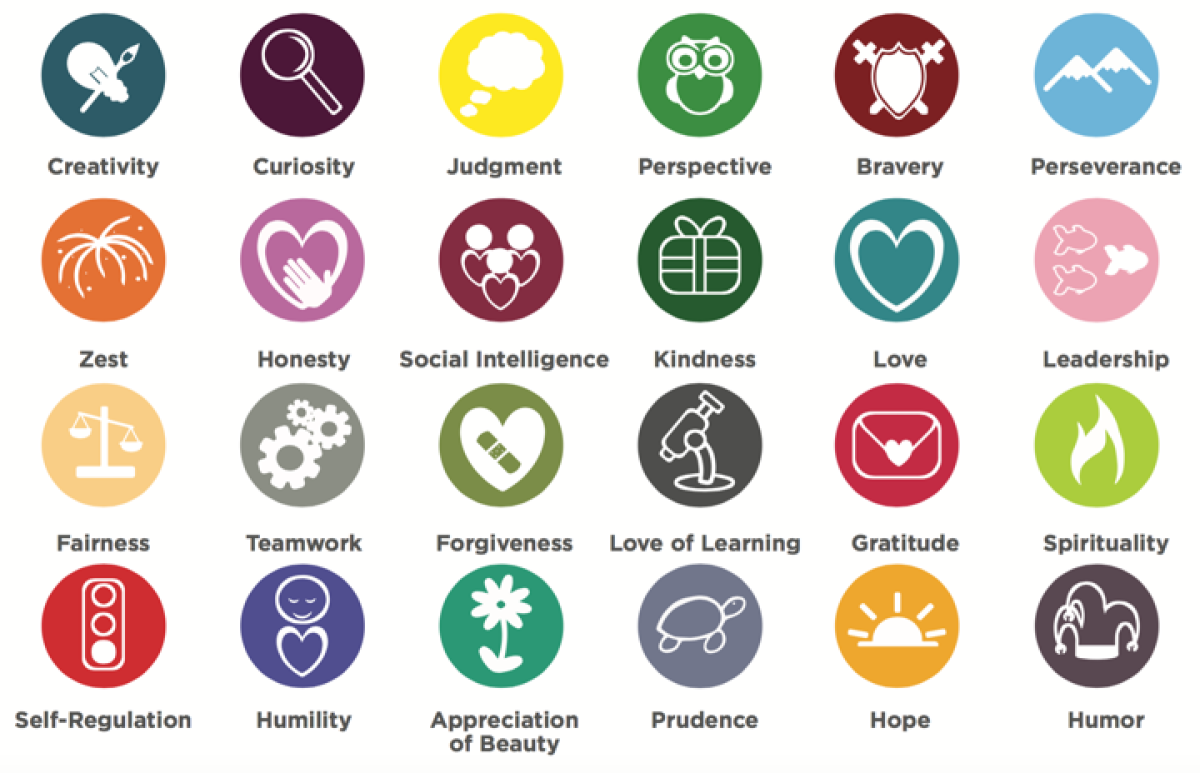
How do we build character?
For millennia philosophers, theologians and psychologists have pondered how we build character and virtue in people. In 340 BC, Aristotle wrote his treatise on character and ethics. Since then, psychologists such as Carl Rogers, Albert Bandura, Richard Ryan, Edward Deci, Angela Duckworth, Mihal Csikszentmihalyi have continued to provide us with fascinating inspiration and insight. From reviewing the literature, we have clarified the key actions we can take to develop character in our young people (and ourselves).
1. We build language and frameworks about character and virtue
Well-being literacy is the first and most fundamental aspect of any character development programme. Students need the vocabulary to label and describe strengths, virtues, and emotions. Without the vocabulary, it is incredibly challenging for people to develop knowledge or understanding of character terms, to perceive virtuous or non-virtuous actions in specific situations or be able to reason about what character strength to apply. When students have the vocabulary, they can have meaningful discussions with their peers. The VIA Classification of Character and Virtue is the vocabulary and framework that St Andrew’s uses as a shared language for understanding about character. As part of our whole school well-being goal, we have embedded many evidence-based frameworks to provide a metacognitive element for our students. WOOP, our whole school goal-setting framework is an example of this. You can read more about WOOP here.
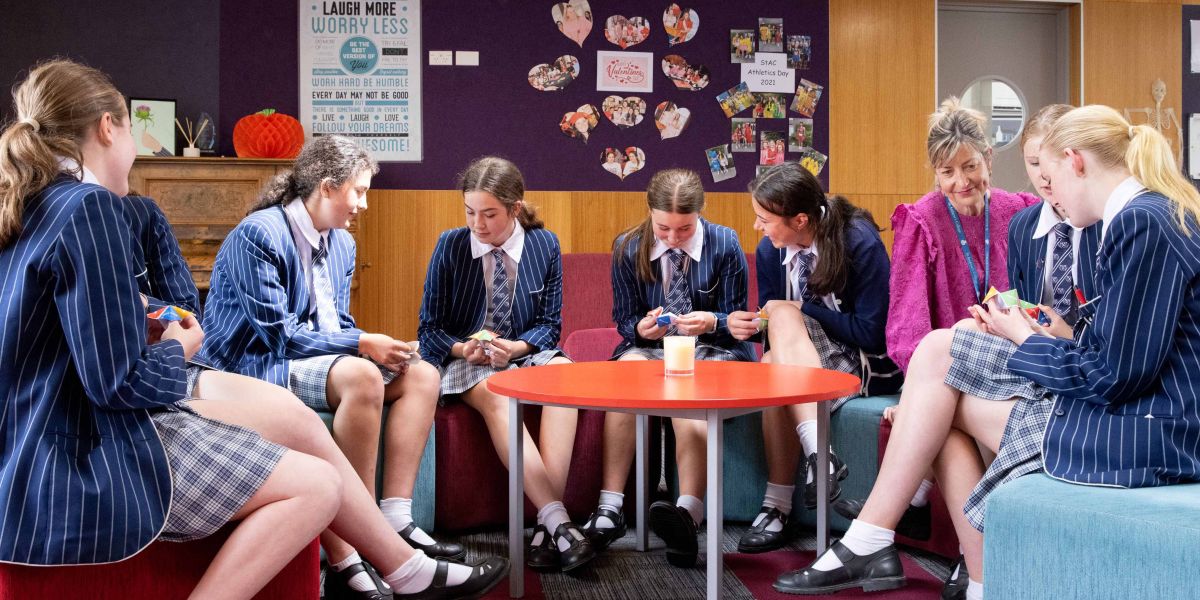
2. We remind students what is important
Students need regular and consistent reminders about the importance of specific character, values, and virtues. To do this, it is important that educators and parents have clarity around what reminders they will prioritise communicating to young people. These reminders need to be about being, not doing.
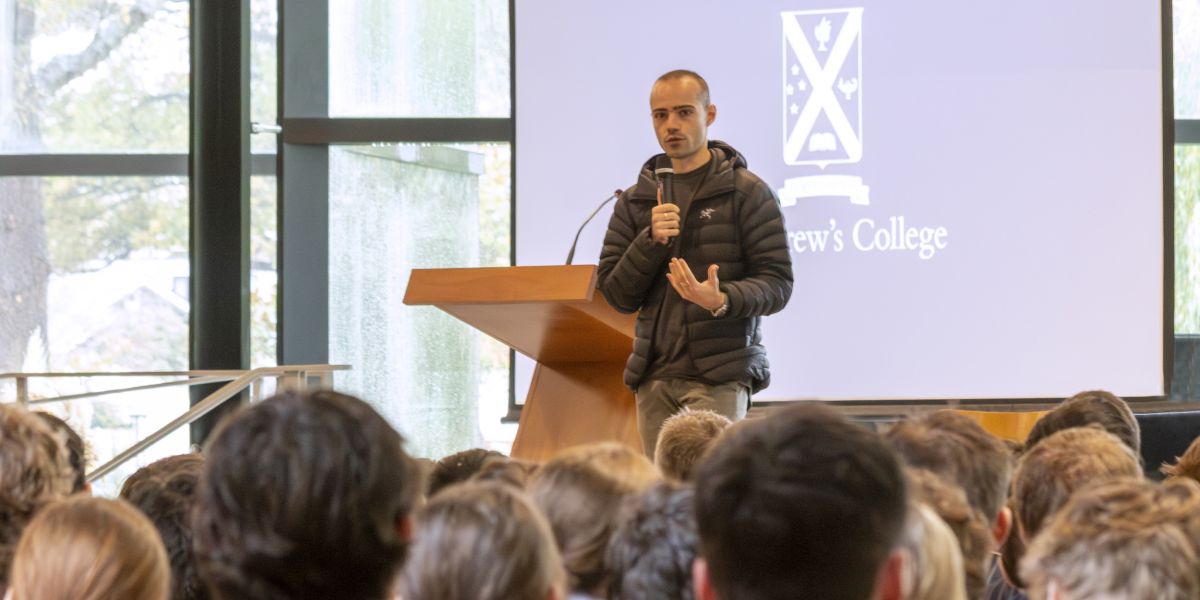
3. Provide experiences where students can practice
Character development transcends mere contemplation; it demands proactive engagement and consistent practice in real-life situations. Experiences play a pivotal role in shaping the character of our students, providing them with invaluable lessons and insights that contribute to their personal growth and development. Unlike theoretical knowledge, experiences are lived and felt, allowing young people to navigate the complexities of life, make decisions, and learn from the consequences of their actions. Positive experiences build self-confidence and resilience, while challenges and setbacks foster adaptability and problem-solving skills. Interactions with diverse people and situations broaden young people’s perspectives, nurturing empathy and understanding. Through varied experiences, students discover their strengths, weaknesses, passions, and values, laying the foundation for a strong and authentic character.
In co-curricular activities, students learn courage, perseverance, fairness and teamwork and in chapel we focus on compassion and hope. Te Waka provides a programme focused on inspiring courage, reflection and critical thinking.

4. Role models matter
Research shows that role models play a significant role in developing character and assisting in identity formation in adolescence. Albert Bandura’s Social Learning Theory emphasises how individuals learn from observing others. By embodying particular virtues, values and ideas, exemplars offer role models to admire and emulate and can inspire and motivate young people. Role models can deepen our understanding of how particular virtues or values can be realised in specific contexts and offer concrete proof that abstract values or ideals are possible to attain. Exemplars can take many forms for our young people. In particular, research shows that role models that are perceived to be share similarity or proximity in age, gender or culture are particularly effective at increasing moral motivation. Our large and distributed student leadership programme is focused on inspiring role models to step up in different contexts throughout our school. When completing my thesis, most students perceived that leadership was first and foremost, about role modelling to younger students. Participating in co-curricular activities where students engage with older role models can significantly contributes to character development.
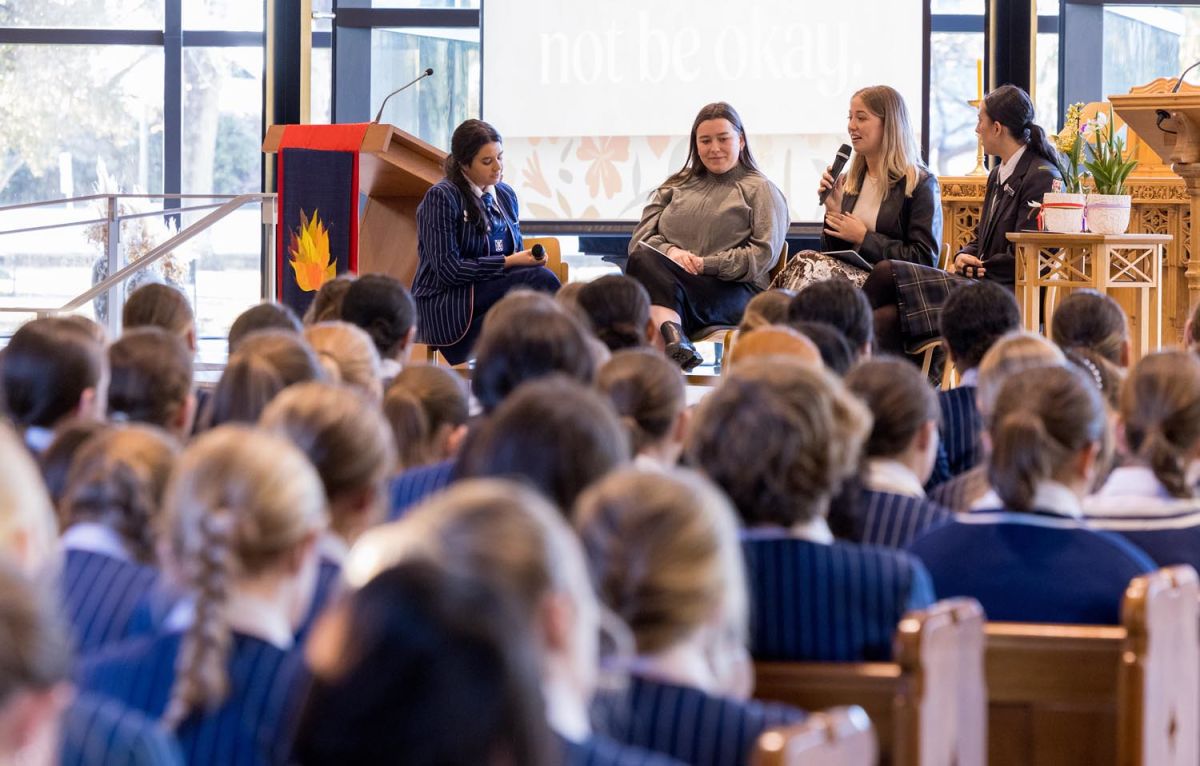
5. Friends matter
Just as with role models, peers can serve as models for behaviour and character development. Young people often learn from their friends by observing and imitating their actions, attitudes, and values. Friendships established during adolescence can have lasting effects on character development well into adulthood. Aristotle believed that friendships contribute to the “cultivation of virtue.” Friends discuss ideas and experiences with each other, which can prompt reflection. Friendships provide a developmental context, facilitating various forms of collaboration, cooperation, and exchange, provide support, accountability, and congruence. It is in friendships that students experience peer pressure, conflict resolution and learn about diverse perspectives.
When creating character development programmes, we are conscious to facilitate collaboration and strive to create a trusting space that encourages openness, vulnerability, and appreciation of a diversity of perspectives.

6. Provide space for reflection
Reflection plays a significant role in developing character in young people. Our students need to be provided with space to stop and reflect on their character and experiences. Self-reflection encourages young people to be more self-aware of their thoughts, emotions, and behaviours. Through reflection, students can ponder ethical and moral dilemmas and consider consequences. Reflective thinking fosters critical thinking skills that enable our young people to evaluate their choices and make informed decisions. Through reflection, students can also build gratitude, empathy and compassion, clarify their values, and consider their personal growth into the future. In our Health curriculum, we provide significant opportunities for our young people to reflect on their character and well-being. The final solo challenge in Te Waka is solely focused on inspiriting our Year 10 students to reflect on their life. Reflection can be prompted by asking well thought through questions and encouraging young people to write in a journal.

Character development is at the heart of our educational vision at St Andrew's College. We define character as the enduring dispositions that shape who we are, and we use the Values in Action (VIA) classification to provide a common language for character growth. Our multifaceted approach includes the incorporation of a shared language and evidence-based frameworks, regular reminders, experiential learning, role models, the influence of peers, and dedicated space for reflection.
We strive to build confident, compassionate, and responsible individuals who can navigate life's challenges with resilience and integrity. Character development is not just part of our mission; it is the core, and we remain committed to nurturing character through evidence-based practices and holistic education. In the end, it is all about building better people, for life. What have you seen matter most in the character development of our young people?
Related Posts

